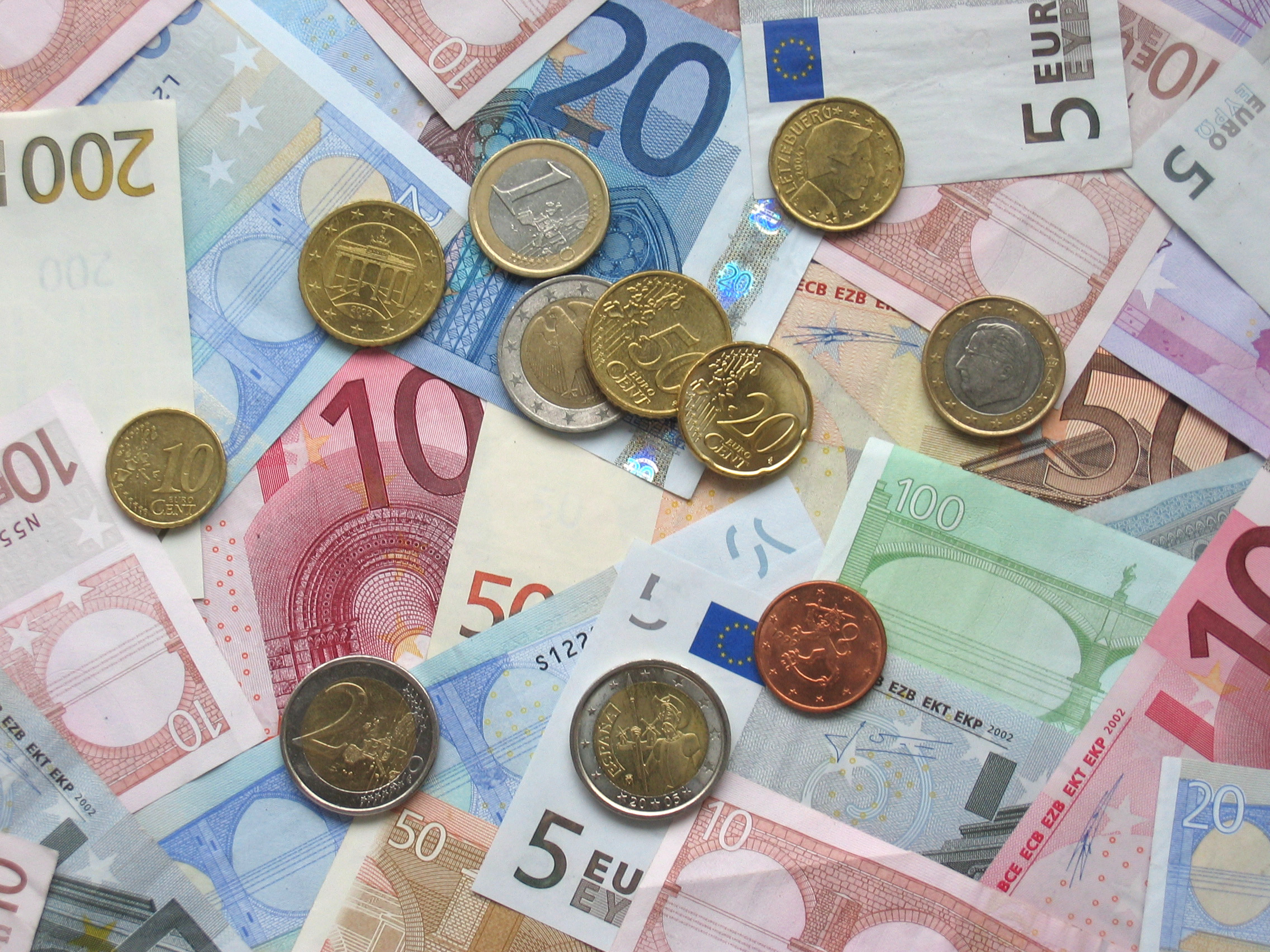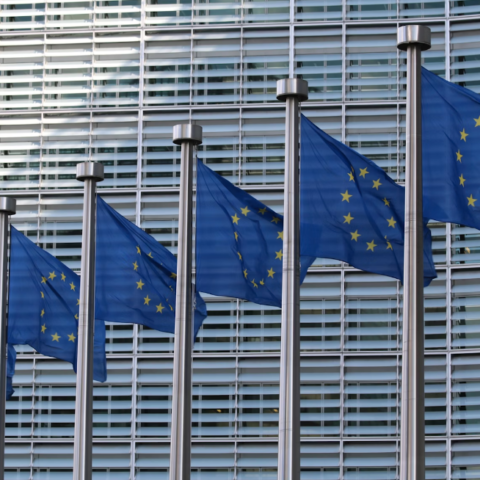
There’s trouble in the Eurozone – and that’s not a Europe-themed amusement park. A subset of the European Union (EU), the term refers to all of the countries within the EU that use the euro as their official currency. Since 2002, 19 of the 28 EU member nations have adopted the euro as their official currency, including the vast majority of Europe’s most powerful economies. Spain and Germany are two Eurozone nations whose economies have affected the strength of the euro significantly. While both are recent World Cup winners, Spain and Germany are experiencing extremely different levels of economic success – and the euro is losing regardless.
Recently the Eurozone has been struggling with a serious economic crisis. Numerous countries have accumulated massive amounts of debt on which they are unable to make payments. Multiple bailouts have been orchestrated, two for Greece alone, with limited success. Constant undesirable economic practices have worn the currency thin, and, with the euro declining in value, fears of mass extraction of savings have the banking industry on the brink of collapse.
Spain has suffered dramatically from the crisis. Unemployment has risen to 25 percent of the working population, leaving five million people without jobs.
But the most pressing hardship facing Spain right now is a dismal housing market. Lending practices were irresponsible, and, as a result, citizens who wouldn’t have normally been able to receive mortgages were granted them. Unable to pay them, many Spanish homeowners have defaulted and been forced to file for bankruptcy. Thus, Spanish banks were never repaid. When Spain’s fifth largest bank, Bankia, announced its need for loans to alleviate their unpaid mortgages, Spain’s central bank requested and received loans totaling 100 billion euros from the rest of the Eurozone.
Human Rights Watch declared that Spain was unable to provide its citizens with “basic human rights, including the right to adequate housing” on account of the rampant foreclosures and evictions in the country. This is largely the result of Spain’s long history of aggressively encouraging home ownership while lacking sufficient investment in the home rental industry, which could have acted as a fail-safe when the home ownership market predictably collapsed.
Human Rights Watch has offered several suggestions to fix Spain’s housing crisis. They have called for efficient implementation of EU mortgage reform, as well as enactment of bankrupt policy reform to create a “fair, accessible pathway” to “help a broader range of individuals and families avoid evictions, secure affordable housing, and ensure access to fair debt restructuring, relief, and cancellation.”
But despite Spain’s recent troubles, a nation on the other side of the Mediterranean Sea has been getting most of the attention. Greece is the poster child for a failing Eurozone economy. The political tension in the country has caused it to receive considerably more media attention than Spain, even though both countries are in similar economic predicaments. Greece’s lack of regulation on government spending, as well as cheap lending practices have led to a national debt that is larger than the entire Greek economy. Like Spain, Greece’s constant debt defaults is hurting the euro, and some fear that Greece may even need to leave the EU to avoid further economic conflict.

However, many economists believe that Spain is in a more precarious position with regards to the future of the Eurozone. Greece’s complete collapse or even its departure from the Eurozone would give the currency’s original unifying purpose a “kick in the teeth.” But, the Greek economy isn’t large enough to be considered “systematically important” to the EU’s survival. Spain, on the other hand, is one of the region’s largest economies, and its failure could very well drag the entirety of the Eurozone down with it.
The EU must look north to find economic success. In 2014, Germany had a banner year relative to its struggling continental neighbors. The German GDP grew by 1.5 percent, signifying a healthy economy; by comparison, the 2013 average GDP growth for the entire Eurozone was 0.3 percent. Following from that increased production, domestic demand has increased. Moreover, Germany’s export rate is now the highest in Europe and the second highest in the world. This shows that not only do Germans want German goods, but the rest of the world is interested in buying them as well, which is more than most European countries can say at present.
While Germany is fortunate to have seemingly escaped the difficult economic climate plaguing Spain and its other neighbors, analysts declare that Germany’s brand of success hurts the Eurozone as much as Spain’s brand of failure does. Even though Germany’s exports are high, it is one of the most frugal nations in the world as far as imports are concerned, and the Eurozone has a hard time selling to the nation. Germany’s trade surplus, which exists when exports outweigh imports, grew to an objectionable level according to the EU and the United States. When Germany was told to start importing more goods from other Eurozone countries, they flatly denied the notion that their success is causing problems for Europe, stating that countries like Spain caused their own problems.
Germany placed the blame for their export surplus on the countries buying German goods, stating that no one is forcing these transactions to occur. Germany has neither power nor motivation to reduce their own export level, as their economy is extremely dependent upon foreign trade. The German government also argued that their citizens would be able to import more items if they had more money to spend. However, the German government does not dictate the wage levels of workers, as the labor unions and employers negotiate wage levels without input from the state.
Spain and Germany, though experiencing completely opposite levels of economic success, are both hurting the euro. The irresponsible lending and poor debt management of the Spanish financial industry are damaging the euro’s reputation with every additional default. Germany, though successful, is also a source of the economic turmoil of the Eurozone.Their trade surplus does not line up with the euro’s original purpose of fostering economic cooperation and integration of the Eurozone nations. The future of the euro as a currency is uncertain, and many formidable economies hang in the balance of the Eurozone crisis.


